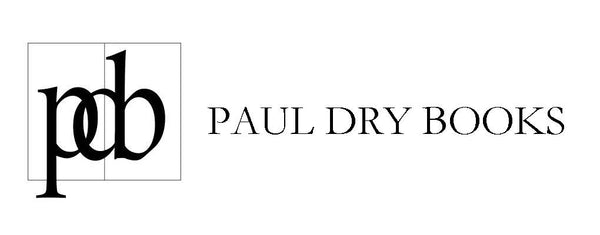David Mason Interviewed by The Sun
David Mason was interviewed in the April 2015 issue of The Sun. While the interview was not specifically about Mason’s new book Davey McGravy, we have excerpted passages on the significance of suffering, appreciation of the present moment, the natural world, the history of the places we call home, and the value of imagination—all themes that run through Davey McGravy.
As much as anything, Davey is about loss, and the suffering that comes with it, and the beauty that is found in the midst of that suffering.
“Life is going to throw a lot of suffering at you. You have to endure; you have to stand up to these storms. And even then, ultimately, you will not prevail, because we all must die. So the way you behave, the way you live, the way you treat other people, the way you eat a meal, the way you conceive of beauty, the way you get through the day—all of this is colored by the constant knowledge of death’s nearness.”
The book is also very much about paying attention, awakening to the world around you and being open to its potential. In the interview, Mason says,
“How do you know that any person you encounter isn’t a god?...You don’t, and because of that, it’s incumbent on you to live with the possibility that sacredness—that which is beyond human—is knocking on your door. You have to behave with proper respect toward whatever comes into your home, your life…It’s not done out of a moral sense but because you recognize your place in the world, and the brevity of life, and the value of the people you meet.”
He speaks, too, in both the interview and in Davey McGravy, to the importance of cultivating a deep understanding of the place we call home.
“When I’m in western landscapes, I feel it in my blood. I know the birds and the mammals and the rivers and the mountains and the trees…[T]he land [we] live on is layered with stories. There’s so much about this land that I’m still learning. Stories are one of the ways we locate ourselves in the world. To turn your back on this act of self-orientation is like opting for flatness over three dimensions.”
The story of Davey McGravy reads as something grown out of Mason’s own understanding of a specific place, and is imbued with his reverence for nature.
“…I don’t believe human life ought to take precedence over all other forms of life. Human culture doesn’t deserve to exist anymore than lizard culture or grass culture or butterfly culture or tree culture. I love being among wild animals—not to touch or interfere with them in any way, but just to be present with them…I really don’t like the idea that the human species should dominate the world. I want to live in the world, not dominate it.”
These sober thoughts are reflected with humor and most of all with a joyful, appreciative, and agile imagination in Davey McGravy, for as David Mason says,
“I do worry about the imaginative life being marginalized…It seems to me that one of the duties of the artist is to combat that marginalization, to say that the imaginative life helps make us human…Imagination, dreams, spirit, delight, craziness, goofiness, chaos, dance, song—they’re all important. Without them we’re hardly human beings. In a materialistic society the artist is always a bit of an anarchist, tossing the Molotov cocktail of the imagination into the bank foyer: C’mon! Wake up!”
